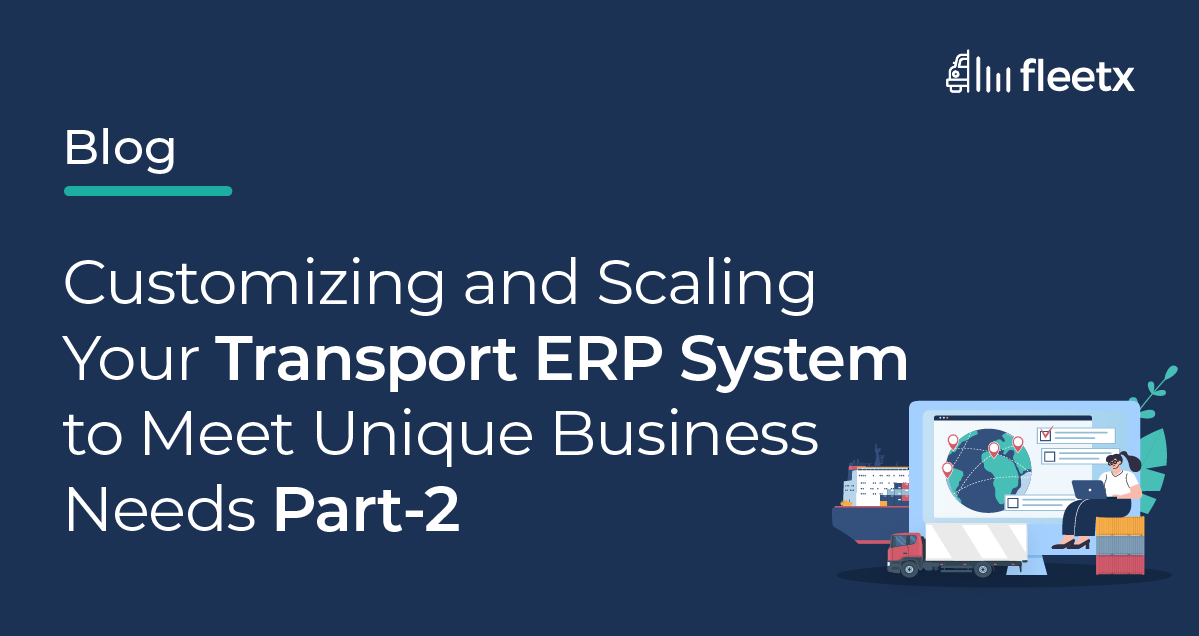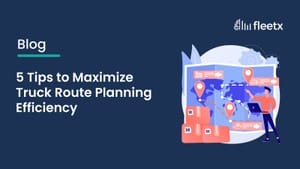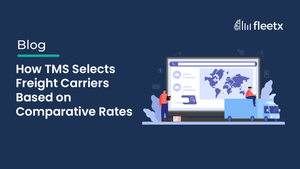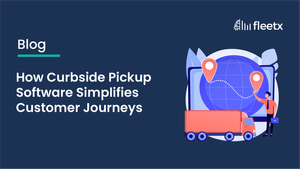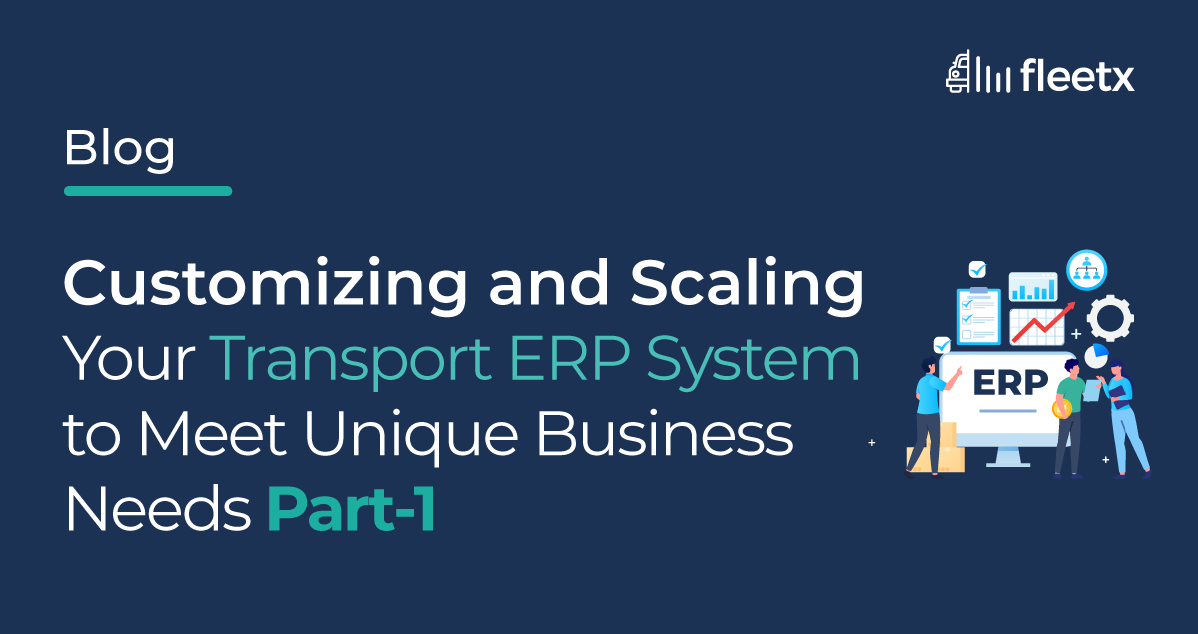
In today's fast-paced and highly competitive environment, managing and optimizing your transportation operations can set you apart from others in the industry, and accelerate your business potential. If you are looking to achieve this, implementing an ERP (Enterprise Resource Planning) system will help you greatly here - it will streamline your operational processes, improve efficiency, and provide visibility into the supply chain (among many other benefits!).
In this series, we will take you through the entire process of implementing a transport ERP system as a solution for your business, advise you on how to get around common challenges during implementation, and conclude with what you can expect for your business after implementation- supported by data collected from companies who have implemented transport erp software and profited from this decision.
Why implement a transport ERP solution?
Managing transportation operations in India is challenging- it often involves multiple parties, and requires coordination across various departments. When companies want to expand their operations, additional transportation demands can become overwhelming. In such circumstances, implementing a transport ERP system can help companies fine-tune their operations and maximise their efficiency.
However, selecting the right transport ERP system can be a daunting task for a business, given the wide range of options available in the market. An ERP system is an important investment for a business, and selecting the wrong one can lead to monetary losses and operational inefficiencies. To identify the right transport ERP system, consider several factors like business needs, budget, scalability, and customization requirements. In the following section, we will discuss the key considerations for selecting the right transport ERP system and provide guidance on how organisations can make an informed decision.
How to identify the right system?
Here are some of the things that companies should carefully consider before opting for a transport ERP system:
1. Identify unique business needs: Companies must first identify their business needs, as well as the challenges that a transport ERP system can address. This includes evaluating their current processes and systems, future requirements, identifying inefficiencies, and determining areas for improvement.
2. Evaluate potential benefits: Once the business needs have been identified, companies must evaluate the potential benefits of implementing an ERP software. This includes assessing the impact on operational efficiency, productivity, cost reduction, and customer satisfaction.
3. Assess costs: ERP software can be expensive, and companies must assess the investment involved, as it will be sustained over a long period of time. This includes licensing fees, implementation costs, hardware and software costs, and recurring maintenance costs.
4. Evaluate customization options: Every company is unique, and an off-the-shelf ERP software is unlikely to meet highly specific requirements. Companies must evaluate the capacity for customization in the options available and determine whether they can tailor the software to meet their specific needs.
5. Assess vendor support: Depending on the size of your organization, implementing a transport ERP system can be a complex process, and companies must ensure that they have the necessary support from the vendor. This includes evaluating the vendor's implementation methodology, support capabilities, and track record of successful ERP implementations.
6. Consider data security: Companies must ensure that the ERP software they choose has robust data security features to protect their sensitive business data, especially in the age of ransomware. This includes evaluating the software's security features, encryption capabilities, and compliance with local data protection regulations.
7. Evaluate scalability: Companies must ensure that the ERP software they choose can scale with their business as they grow. This includes assessing the software's ability to handle increased transaction volumes, support additional users, and integrate with other systems.
To wrap up
Selecting the right ERP system for your transportation business requires a thorough analysis of your unique business needs and operational processes. It is important to evaluate potential vendors based on their product capabilities, pricing, and reputation. Once the system has been selected, customization and scalability are critical to ensure that the system meets the specific requirements of the organization and can handle the growth of the business.
Implementing a transport ERP system results in significant ROI for companies; as per a case study conducted by SAP, a logistics company in India improved its on-time delivery by 10% and reduced inventory holding costs by 20% after implementing a transport ERP system. Another case study demonstrates how a transportation company in the USA increased its operating efficiency by 20% and reduced its fleet size by 10% after implementing an ERP system. These improvements can translate into significant cost savings and increased revenue for companies, helping them scale their business and manage resources better.


